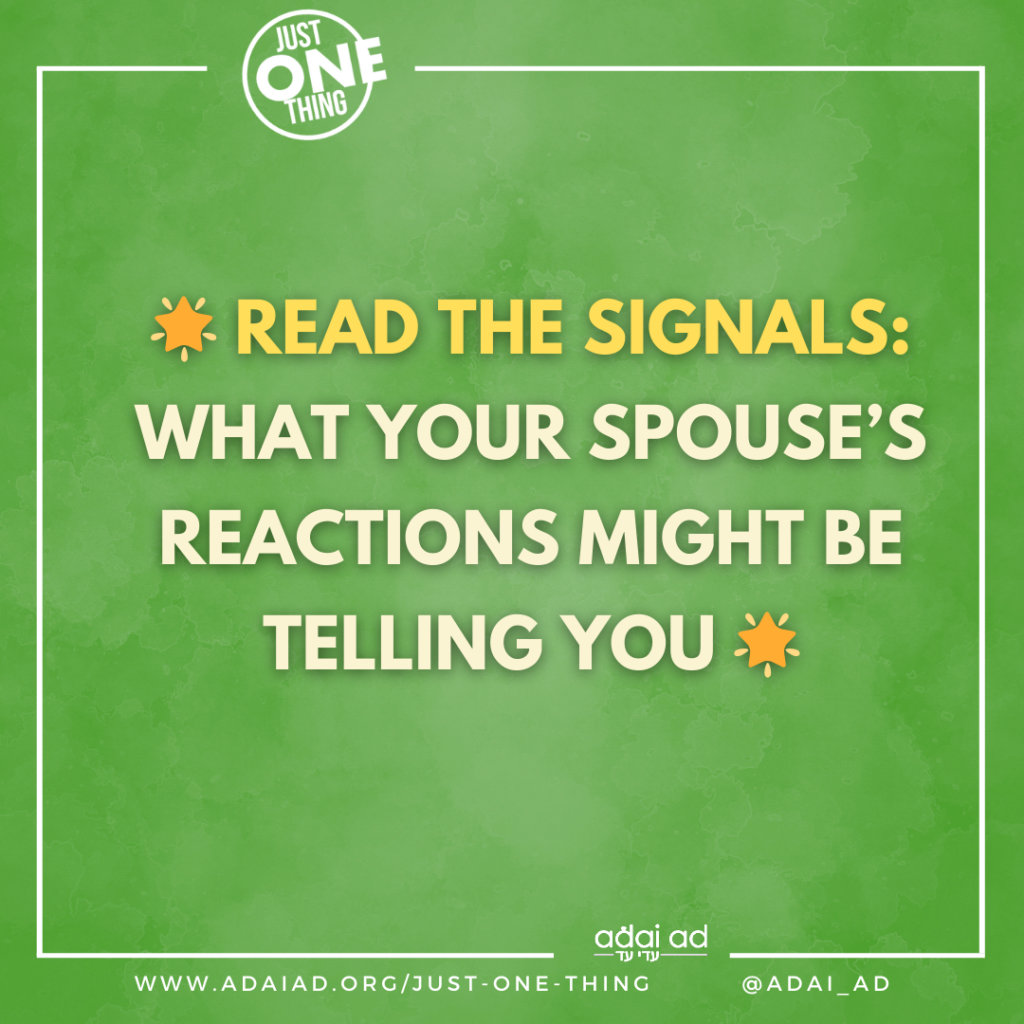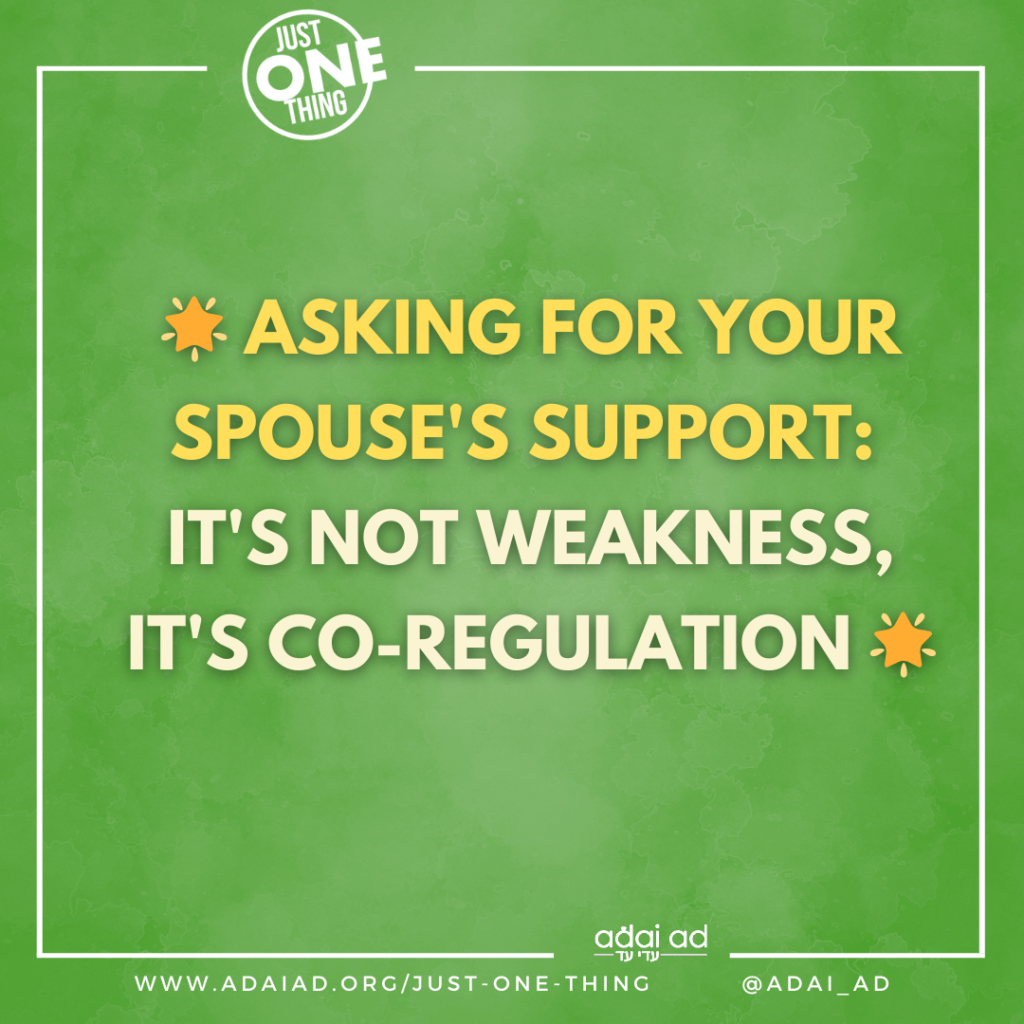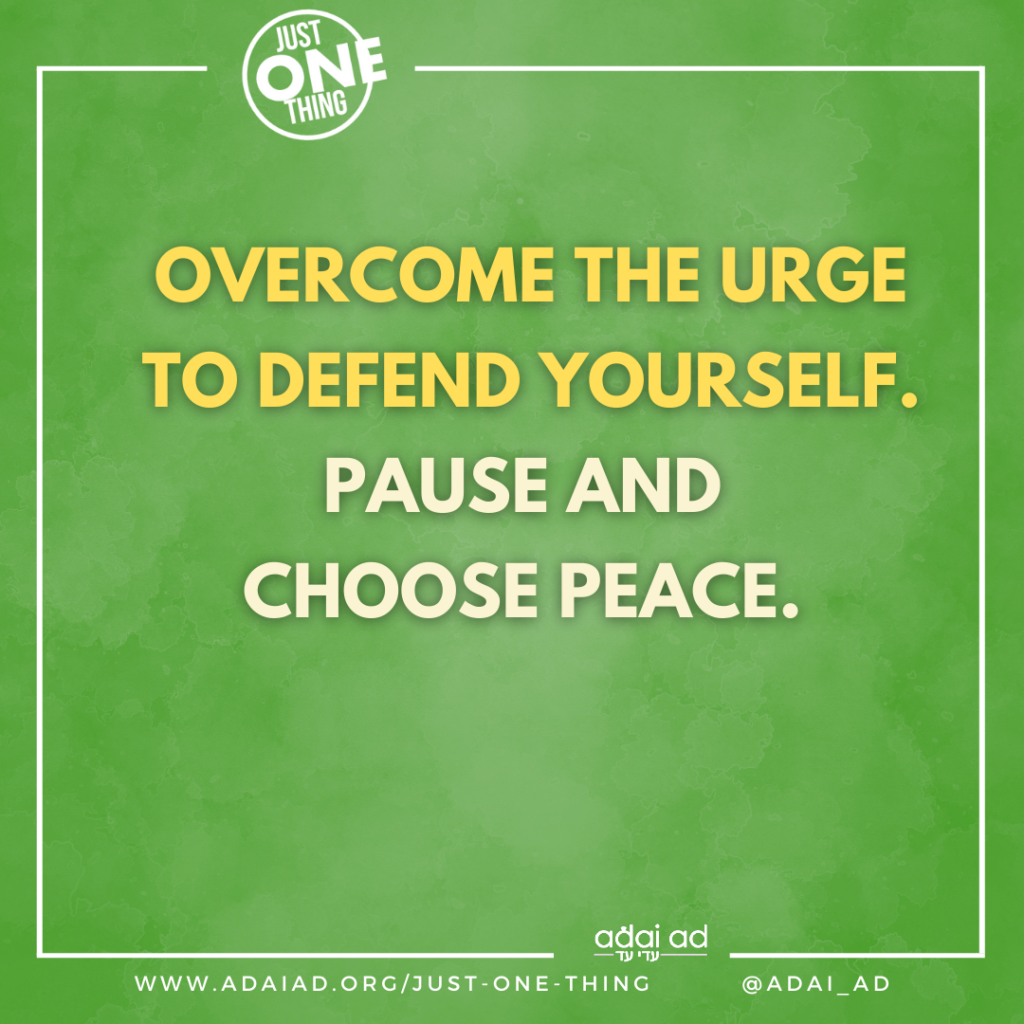What is partnership in marriage?
Marriage partnership is about mutual empowerment—both partners working together toward the same goal, collaborating, and lifting each other up. In a true partnership, when one person experiences growth or success, the entire relationship thrives, creating a continuous cycle of shared strength and support. A healthy partnership has fluid roles of giving and receiving. Sometimes we […]
What is partnership in marriage? Read More »










